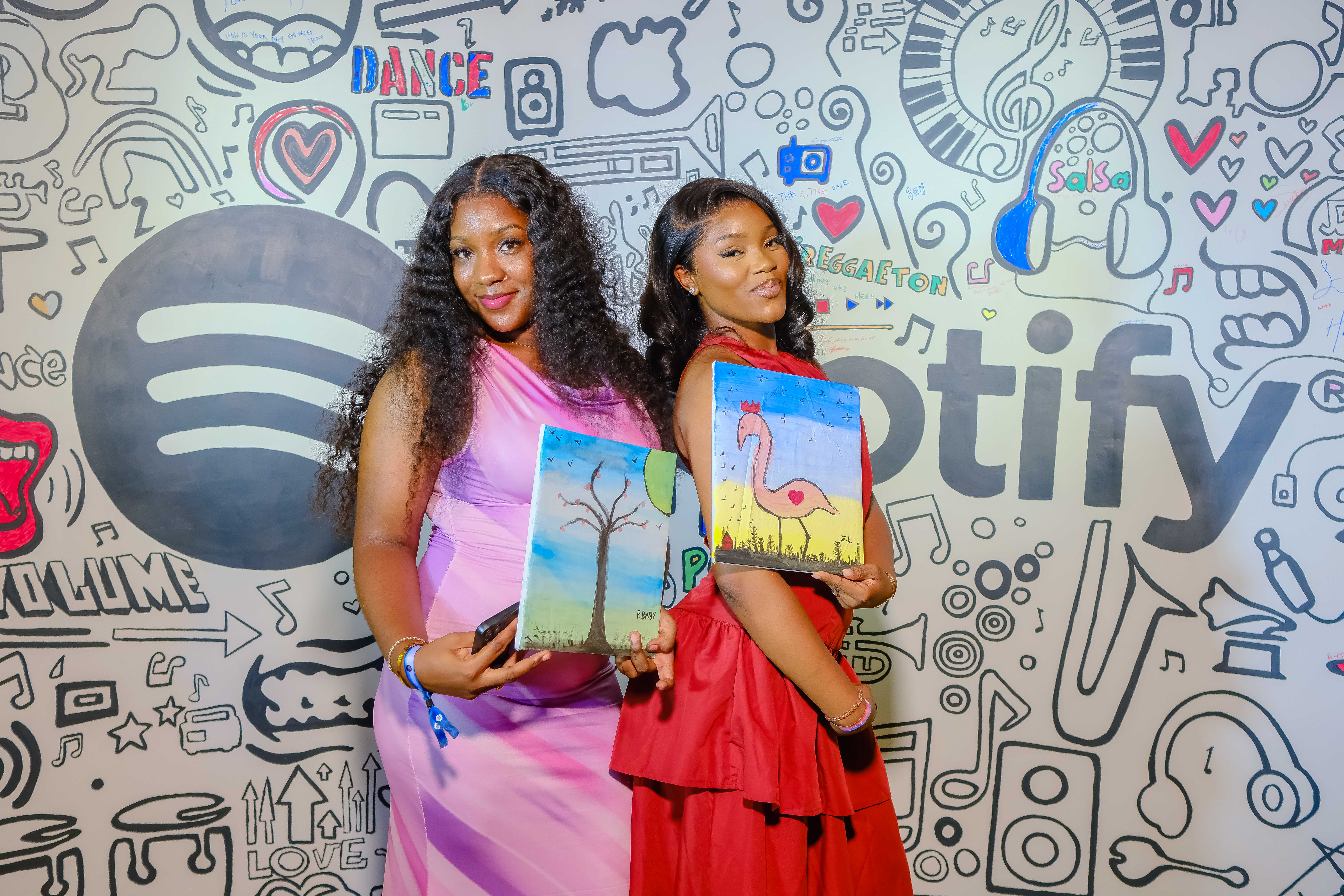As told to Sheriff
I thought I was going to have a typical conversation with Daniel* when we somehow hit on the issue of climate change and what it’s doing to people down south. Then he told me that he’d lost his mother to mercury poisoning.
I grew up in Bayelsa in a family of five with two older brothers. My dad had made the ridiculous decision of choosing to cultivate oil palms in one of the worst places to farm Nigeria.
It was a riverine area so floods happened during the high tides that destroyed farms. It was humid all year, and there wasn’t a lot of rain. Somehow, my dad thought he’ll trade oil palms for the meantime while he cultivated his own plantations. That was exactly what he did and he made good money.
Life was good and we had every form of softness one could think of. My father put me and my brothers in boarding school in the city while he stayed back in the community where his farming thing was going on. We used to go back home once every three month. I remember us making grilled fish together with my mum. We did that till my brothers left Nigeria to go to school abroad. But things started to go south when a petroleum exploration company started operations off the coast of our community.
You’ve probably heard the oil spill story so many times it’s now a cliché, but the effects are actually wild. For the first two years of their operations, everything was fine. But after that period, things started to change. The first thing we noticed was that fish became a bit more expensive. I remember my mum complaining during one of my holidays about how she couldn’t understand why fish would be expensive in a riverine area. We didn’t immediately think that it was because the supply of fish was depleting.
Things became clearly bad when we people started dying after having a bout of serious illness. The pattern was consistent — tremors, difficulty breathing, then kidney damage. It turned out that offshore oil spills were feeding into the streams that watered our farms. So we had been eating a lot of toxic chemicals in our food for a long time.
One time, I came home from the university to meet my mother having similar symptoms to this pattern that I talked about. They weren’t severe, but they were enough to make me paranoid. She couldn’t even handle fish steadily one time when we cooked together. She and my father seemed very nonchalant about it, and I just couldn’t wrap my head around why. Hadn’t enough people lost their lives for them to show some semblance of worry?
I told my dad I thought this was mercury poisoning slowly affecting my mother. The symptoms were all there. The tremors she had, her headaches, her lack of sleep, and breathing problems. I told him we needed to move out of that community to the city since we could afford it. He said no. He had too much time and money invested into his palm oil plantation for him to leave. This was on top of the fact that the plantation was already getting poor yields because the oil spills were affecting the soil. Our conversation snowballed into an argument, then a fight, after which he left home to stay on his plantation for a while.
I tried bringing my older brothers into this fight with me, but they were abroad and there was very little they could do from there. One night, about a month after the fight, I left home with my mum for the city because she had developed serious difficulty with breathing and urinating, and her general condition had gotten worse. I called my dad to inform him of what had happened, and all he said was “Okay”. It sounded as if he didn’t believe me. That was the last time I heard from him before my mother died.
With the financial help of my older brothers, I was able to take her to a hospital in Yenagoa, where she was diagnosed with kidney failure secondary to mercury poisoning. My brothers were furious that I hadn’t called sooner but my mother hated having to ask for help with anything. I ended up calling them but they couldn’t help with much. We needed to find her a donor quickly and we needed a lot of money for her surgery. I tried to call my father but since there was still a lot of bad blood between us, he wouldn’t talk to me. Whenever he was angry, he had this stubbornness that made him blind to everything else.
While my brothers and I were able to raise the money for her care, her condition had gotten worse.
I remember crying my eyes out in the hospital ward, cursing at my dad for putting us in such a situation the day she stopped breathing. She was carried back to our home where she was buried, but I couldn’t bear to attend her funeral after watching her die needlessly.
I can’t stand to look my dad in the eye and not feel like harming him. I hold him responsible for what happened. The environmental situation of our community was bad enough, but his total negligence of the woman he called his wife struck me as nothing short of wicked.
This 23-Year-Old Wants To Combat Climate Change With His Locally-Made Solar Car
Every year, about 16,000 babies die in Nigeria due to the effects of environmental pollution and climate change. The people hit the hardest are the poorest of our population. Crtve Development is working hard at ensuring that climate justice is achieved across Africa.
Climate justice moves the focus of climate change from being solely an environmental issue to a human rights issue. In the lead-up to the United Nations Climate Change Conference (COP 27), Crtve Development is rolling out the WE!ARE climate justice campaign to socialise the effects of climate change on Africans, and to amplify the experiences of young people with climate change. Visit Africa by We! to get involved.
Editor’s Note: *Name has been changed to provide anonymity to the subject




